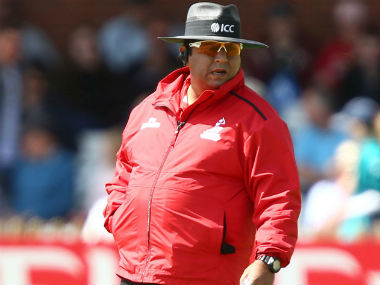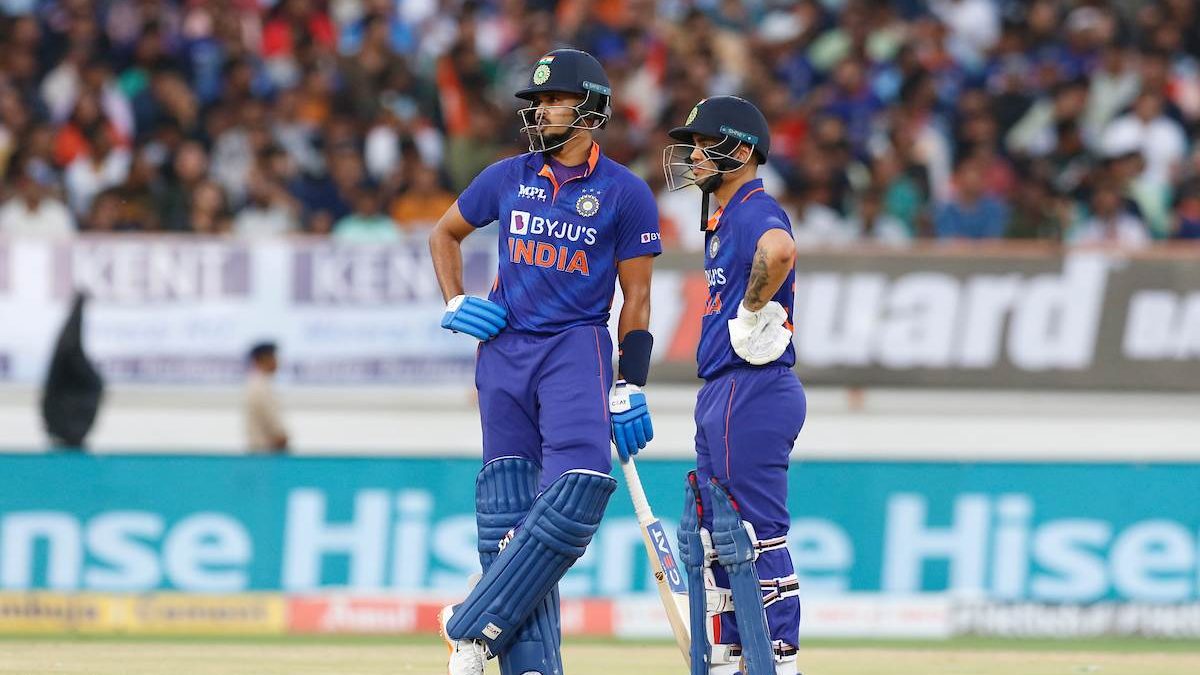Ahsan Raza is waiting at the lobby of the Pearl Continental - a five star hotel located near the Governor House in Lahore - for the other match officials. He reaches out for the right pocket in his shirt to ensure he has not forgotten the ICC Playing Handbook, his most trusted companion during a cricket match. It’s a practice that he has followed for the last three years since he has become a regular umpire in Pakistan’s domestic cricket. He is soon joined by the other match officials as they get into the vehicle to take them to the Gaddafi Stadium, where Raza is the fourth umpire.
It’s the morning of the third day of the second Test between Pakistan and Sri Lanka. The drive will take just around 20 minutes and Raza is relieved that he has sufficient time in hand to have a look at the pitch and inspect the wear and tear. But it is this journey from the plush hotel to the stadium on the morning of 3 March, 2009 which dramatically changed the life of Raza and the cricket landscape of Pakistan.
He will make yet another trip with the match officials from Pearl Continental to Gaddafi Stadium on Sunday to officiate in an emotionally charged T20I featuring the two teams. This time Raza will be the on-field umpire in charge of the proceedings in the middle.
On 3 March, eight years ago, bullets were fired and hand grenades thrown at the Sri Lankan team bus enroute to the Gaddafi Stadium, injuring six cricketers. Bullets were also fired at the minivan carrying the match officials which was behind the team bus.
Bullets hit the chest and abdomen of Raza and he could see blood spouting out from his body “like a fountain”.
“I saw my death before my eyes and chanted a few Quranic lines as I knew the end was near. I collapsed on the floor of the vehicle and the next thing I knew was the towering figure of match referee Chris Broad lying on top of me to prevent the blood from oozing out. I passed out. My next recollection were the faint voices of doctors talking among themselves and I overheard the words critical and very little chance of survival," says Raza.
Raza suffered permanent lung damage but made a miraculous recovery from the bullet wounds to return to the cricket field. Doctors felt that he would not be able to get back to umpiring as his body would not be able to cope up with the demands of the job which required him to stand for hours in the middle. But Raza did not give up hope. “I was destiny’s child. While I was hit by bullets, the ICC handbook and my accreditation prevented more bullet wounds. If Chris Broad did not show his presence of mind by clasping me to prevent the blood loss, I would not have survived. For me Chris was a faristha (angel) sent by Allah to protect me," says Raza.
The road to recovery was not easy. Few months before the incident, he had taken up voluntary retirement from Habib Bank to focus on a career in umpiring. So he was left without a job. “I was the sole breadwinner of the family consisting of three young daughters and my wife. I could not afford to give up umpiring and this motivated me to shrug off the physical discomforts to get back to cricket," says Raza.
Within a few months, he was travelling to England to officiate as a TV umpire in a Test match featuring Pakistan and Australia. He has been to various ICC events and was one of the on-field umpires in the second semi-final of the ICC Women’s World Cup in July, between India and Australia.
He is already looking forward to the ICC Under-19 World Cup next year. “My ultimate aim is to be part of the ICC’s elite panel of umpires. I am working towards it and hopefully I can make the cut soon," says the 40-year-old who has played first class cricket for Habib Bank, donning the wicket-keeper’s gloves.
Many of the Sri Lankan players who suffered minor injuries and those in the bus had to undergo psychological counselling to overcome the mental trauma. But not for Raza. “I think I am a very strong individual and I carry no mental scars. Standing in the middle during the T20I game before a packed house in Lahore featuring Pakistan and Sri Lanka on Sunday would be a proud moment for me. But trust me, I am not thinking about the bullet attack," Raza says.
Same teams, same venue and the same hotel where the two sides are staying make the setting eerily similar but Raza is unperturbed. “My focus is on the job in the middle to give the right decisions," he says. “My mind is strictly on the game. After all, I have made a promise to my farishta. When I last met ICC match referee Chris Broad whom I still consider my life-saver, he wanted me to work hard and make it to the elite panel of umpires. I cannot let down my life-saver," signs off Raza.


)




)
)
)
)
)
)
)
)